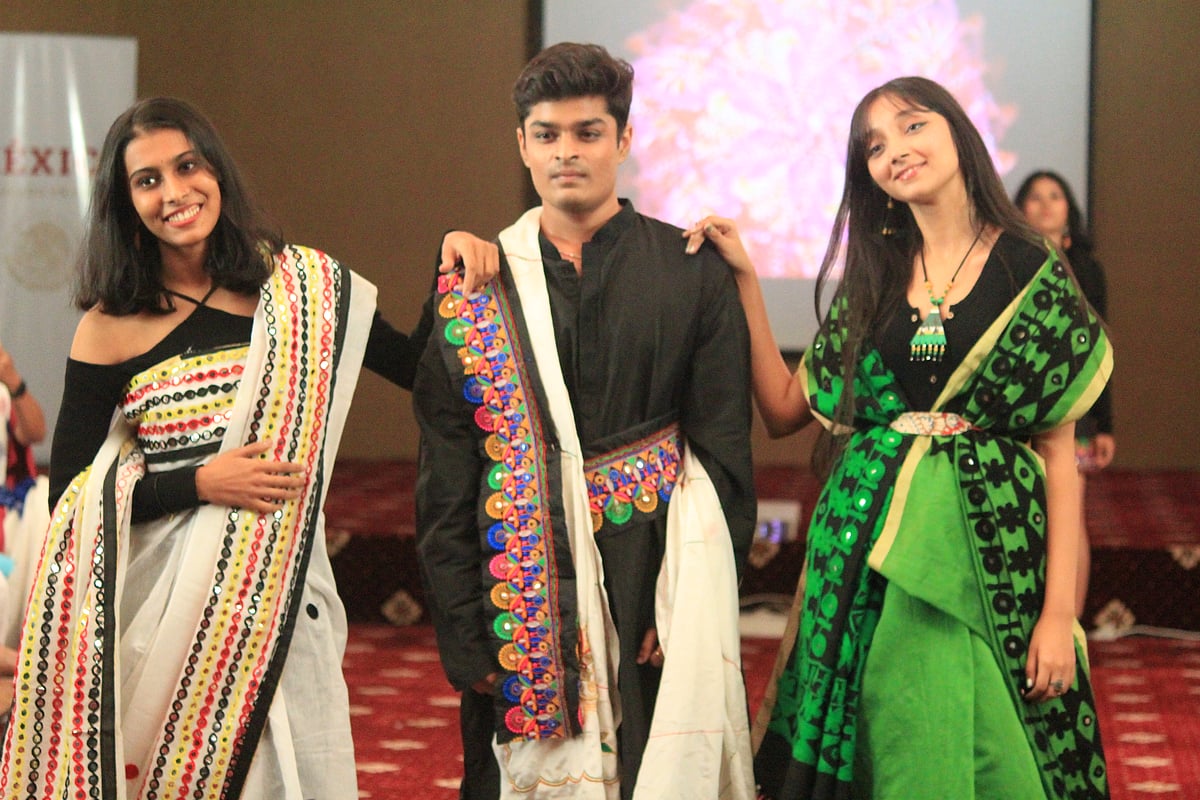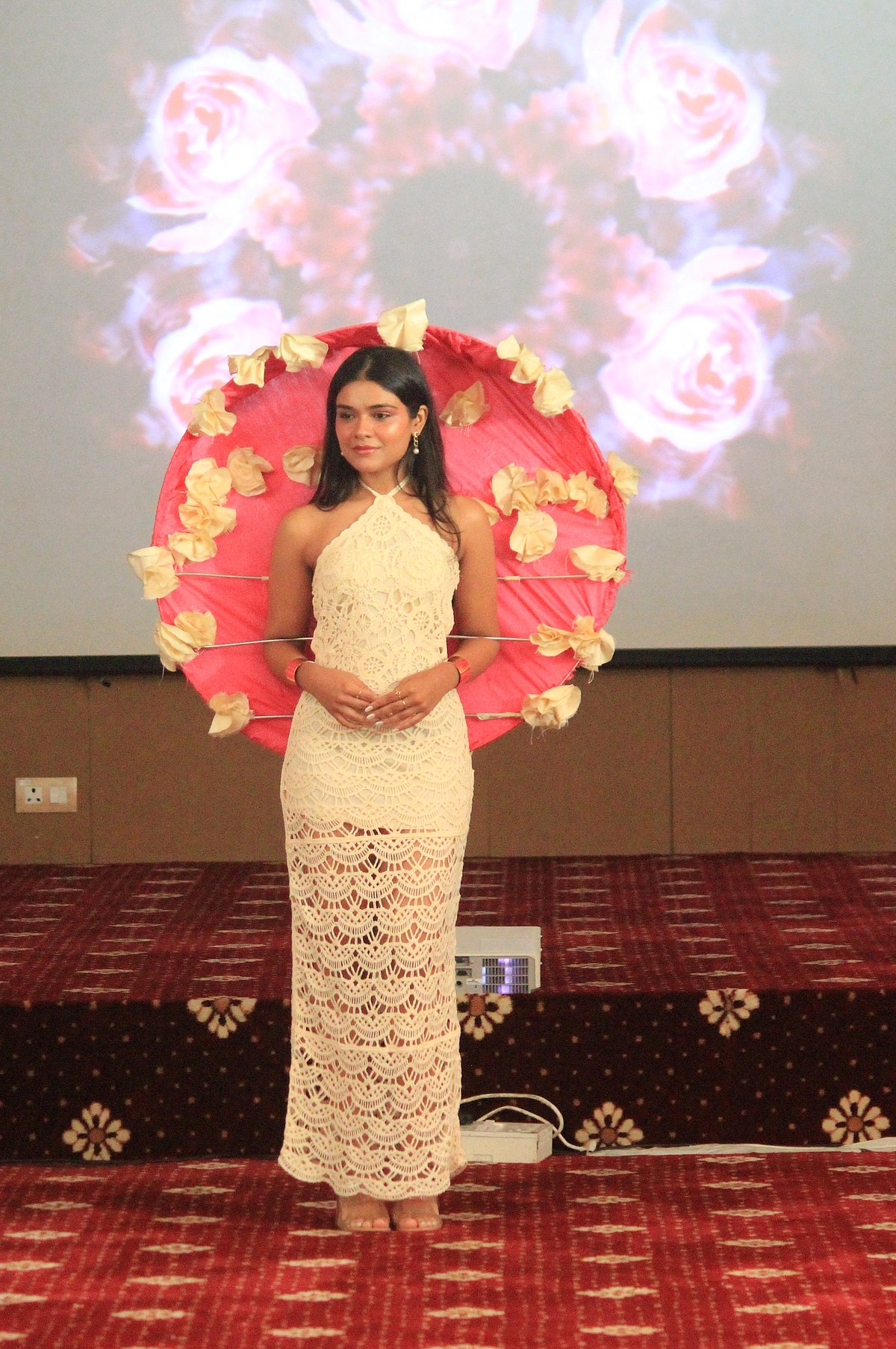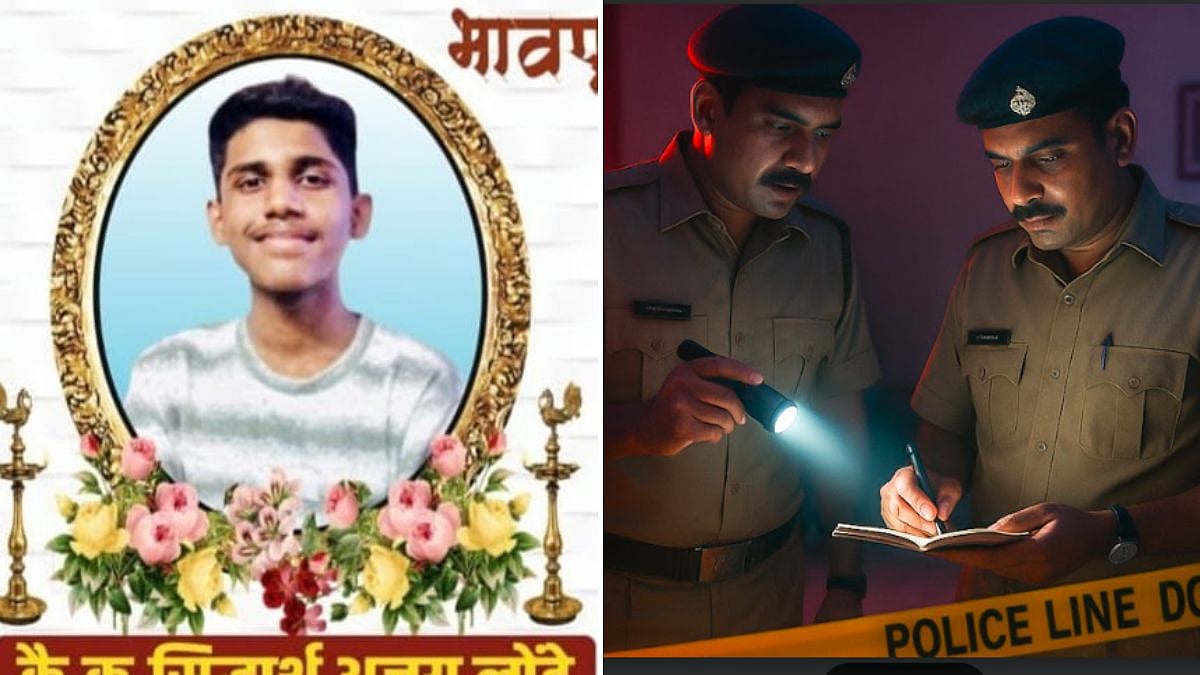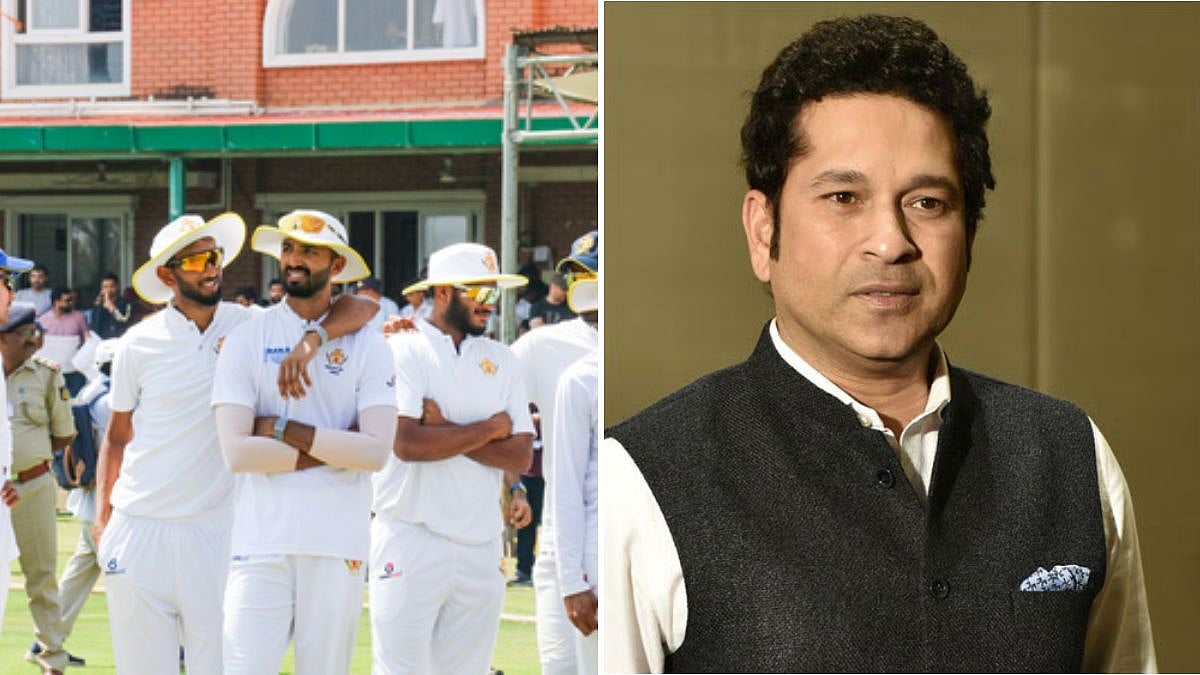Reflecting on Women’s Day, I’m struck by the remarkable resilience and creativity demonstrated by women artisans. Collaborating on a fashion show with design students from Rachna Sansad, facilitated by an NGO working with artisans, prompted contemplation on the crafts and various aspects of womanhood. The focus was on inclusion and exploring how each of the five crafts embodies different facets of a woman’s experience.
Our immersion in crafts was truly eye-opening, particularly as we delved into our #CYO (Create Your Own) initiative. With the main directive being to curate the show using a variety of craft fabrics while keeping costs minimal, we were supplied with fabrics and saris representing five distinct crafts for our outfits. I firmly believe that the most precious gifts we can impart to our children are threefold: instilling values, offering exposure, and showering them with loving attention. Hence, one of the key principles was to avoid reliance on tailoring services, minimizing the need for professional alterations and encouraging self-sufficiency.
In our mission to educate and sensitize young students, our emphasis was on imparting knowledge about five specific crafts, driven by the pressing need to combat global wastage, particularly within the clothing industry. Annually, the world generates an astonishing 92 million tonnes of textile waste. Without significant shifts in production, consumption, and disposal practices, projections suggest that by 2030, global textile waste could skyrocket to 134 million tonnes.

Pic: Athena Poojary
Taking a unique approach, we urged students to utilize their own basic regular wear and provided them with fabrics crafted by artisans for draping. This innovative concept, dubbed Unstitched Garments, not only circumvented size constraints but also encouraged creativity in styling. We abstained from seeking professional assistance for makeup or hairstyling, opting instead to celebrate our natural beauty and forego cosmetics. Similarly, no special emphasis was placed on footwear; high heels were deemed unnecessary, and students were encouraged to go barefoot or wear regular tennis shoes. Emphasis was on enjoyment and fun, rejecting the notion of a slender, ultra-thin, anorexic appearance.
Inclusion was paramount, extending to individuals with physical disabilities, learning challenges, or differing faiths, all of whom were warmly embraced and celebrated. The correlation drawn between the crafts and the representation of various aspects of womanhood proved intriguing.
Kalamkari art embodies women’s strength and their connection to nature. Thar Embroidery symbolizes resilience and hope. Madhubani art celebrates femininity’s audacity, inspiring women to embrace authenticity. Warli art highlights individuality, encouraging self-expression and empowerment. Sambalpuri art depicts women’s fortitude and determination in overcoming challenges.

Pic: Athena Poojary
Our fashion extravaganza, Crafted Couture Confluence, coinciding with Mahashivratri, poignantly celebrated the union of Shiva and Shakti, symbolizing the diverse facets of femininity. The event concluded with attendees receiving gifts graciously provided by the Consulate General of Mexico and the Consulate General of Spain, both of whom also extended their support to these endeavors.
Participants pledged to dedicate 50% of their wardrobe to items sourced from artisans and our revered textile heritage.
But what really filled my heart with glee was Shakuntala Kulkarni’s remarkable showcase during Paris Fashion Week that captivated, with innovative bamboo structures and flowing gowns, symbolizing women’s strength. Titled Of Bodies, Armour, and Cages, her collection portrayed the complexity of womanhood, blending vulnerability and empowerment. Unlike traditional shows, her installations became a social statement, challenging norms. Kulkarni’s approach emphasizes the importance of respecting artists’ voices in collaborative endeavors, ensuring their unique contributions shine in the art and fashion world. Shakuntala helped pitch the Indianess in the center of the fashion Mecca, Paris, and I could see the flag of womanhood and India taking center stage and to me, this is the foretelling of things to come!
(Sonal Motla is an art curator and Director at Rachna Sansad and a visiting faculty with educational institutions like NIFT Mumbai, among others. Send your feedback to: sonal25fpj@gmail.com)





